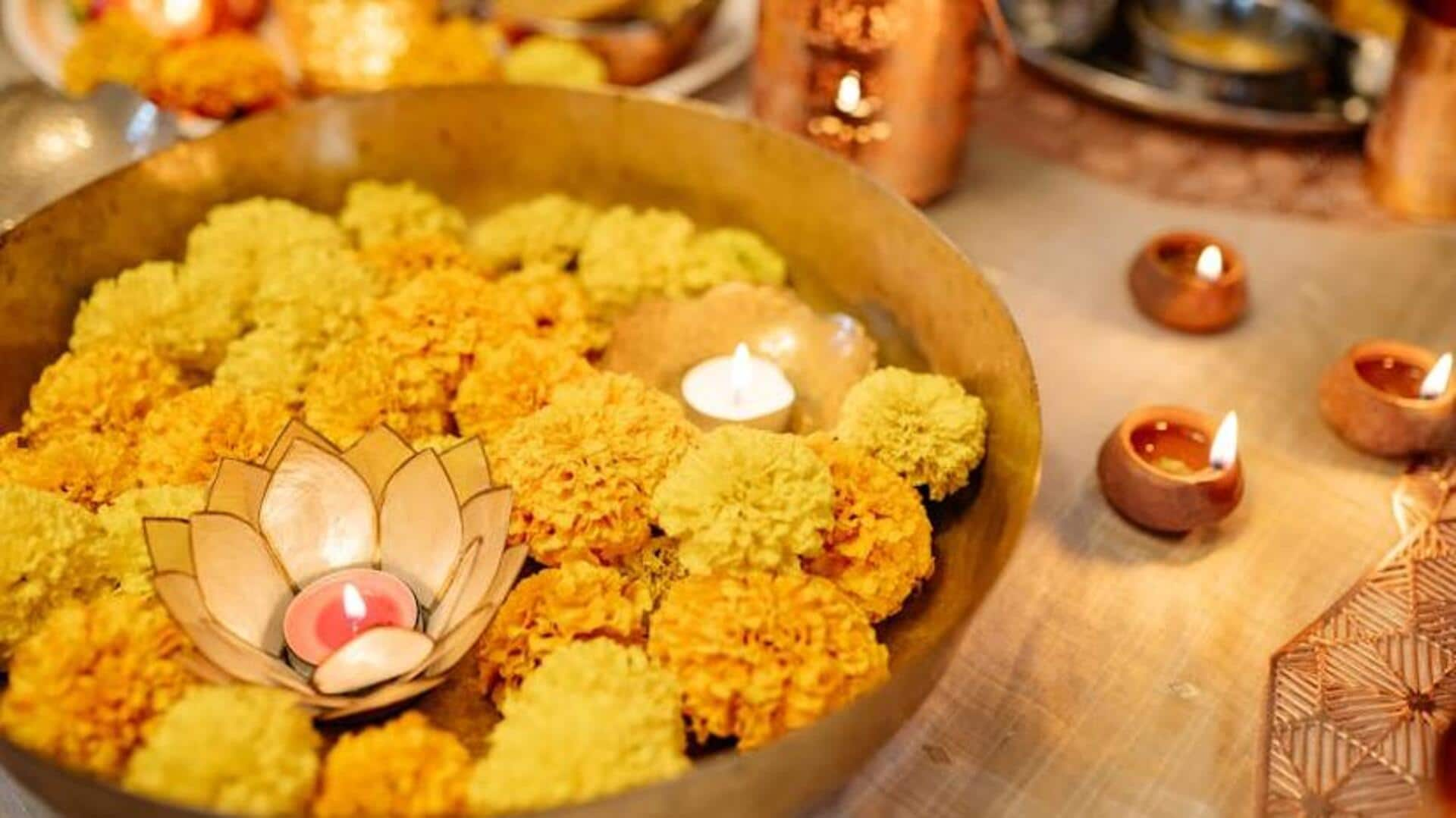
Discover the world's most unique festive table traditions
What's the story
Festive table rituals hold a special place in cultural celebrations around the world.
These traditions, passed down through generations, serve as a reflection of a society's customs, values, and history.
From lavish feasts to simple symbolic acts, each culture adds a unique flavor to the festive table.
Delving into these practices provides a fascinating insight into the diverse ways people come together to celebrate and cherish their heritage during festive occasions.
New Year celebrations
Japanese Oshogatsu traditions
In Japan, the new year, or Oshogatsu, is a time for family gatherings and special meals.
Central to the celebration is Osechi Ryori, a selection of traditional dishes presented in lacquer boxes.
Each dish holds symbolic meaning, promising health, prosperity, or happiness.
For example, black beans represent hard work and good health.
This tradition fosters family togetherness and a spirit of thankfulness for blessings received.
Festival of Lights
Indian Diwali feasting
During Diwali in India, a key component of the celebration is the family gathering to enjoy a variety of sweets and savory dishes.
These delicacies often involve intricate recipes passed down through generations.
Exchanging food with neighbors and friends is also common, symbolizing goodwill and fostering a sense of community.
The focus on sweets further emphasizes the positivity and happiness associated with this festival of lights.
Family reunions
Chinese Lunar New Year banquets
The Chinese Lunar New Year is marked by a lavish banquet of dishes, each symbolizing luck and prosperity.
Fish, served whole, represents abundance, and dumplings symbolize wealth because of their shape, similar to ancient gold and silver currency ingots.
This festive meal emphasizes reunion, with families traveling long distances to be together.
Finding True Cross
Ethiopian Meskel celebration
Ethiopia's Meskel festival commemorates the discovery of the True Cross by Queen Helena.
Held on September 27, injera (Ethiopian bread) and lentil or chickpea stews are shared, fostering a sense of community and unity.
This vibrant celebration transcends boundaries, uniting all attendees in a shared experience of joy and festivity.